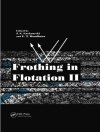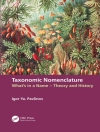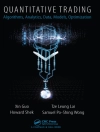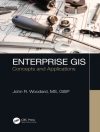Macroeconomics would not be what it is today without Edmund Phelps. This book assembles the field’s leading figures to highlight the continuing influence of his ideas from the past four decades. Addressing the most important current debates in macroeconomic theory, it focuses on the rates at which new technologies arise and information about markets is dispersed, information imperfections, and the heterogeneity of beliefs as determinants of an economy’s performance. The contributions, which represent a breadth of contemporary theoretical approaches, cover topics including the real effects of monetary disturbances, difficulties in expectations formation, structural factors in unemployment, and sources of technical progress. Based on an October 2001 conference honoring Phelps, this incomparable volume provides the most comprehensive and authoritative account in years of the present state of macroeconomics while also pointing to its future.
The fifteen chapters are by the editors and by Daron Acemoglu, Jess Benhabib, Guillermo A. Calvo, Oya Celasun, Michael D. Goldberg, Bruce Greenwald, James J. Heckman, Bart Hobijn, Peter Howitt, Hehui Jin, Charles I. Jones, Michael Kumhof, Mordecai Kurz, David Laibson, Lars Ljungqvist, N. Gregory Mankiw, Dale T. Mortensen, Maurizio Motolese, Stephen Nickell, Luca Nunziata, Wolfgang Ochel, Christopher A. Pissarides, Glenda Quintini, Ricardo Reis, Andrea Repetto, Thomas J. Sargent, Jeremy Tobacman, and Gianluca Violante. Commenting are Olivier J. Blanchard, Jean-Paul Fitoussi, Mark Gertler, Robert E. Hall, Robert E. Lucas, Jr., David H. Papell, Robert A. Pollak, Robert M. Solow, Nancy L. Stokey, and Lars E. O. Svensson. Also included are reflections by Phelps, a preface by Paul A. Samuelson, and the editors’ introduction.
Over de auteur
Philippe Aghion is Professor of Economics at Harvard University and at University College London.
Roman Frydman is Professor of Economics at New York University.
Joseph Stiglitz, Professor of Economics at Columbia University, was awarded the Nobel Prize in Economic Science in 2001.
Michael Woodford is the Harold H. Helm ’20 Professor of Economics and Banking at Princeton University.












